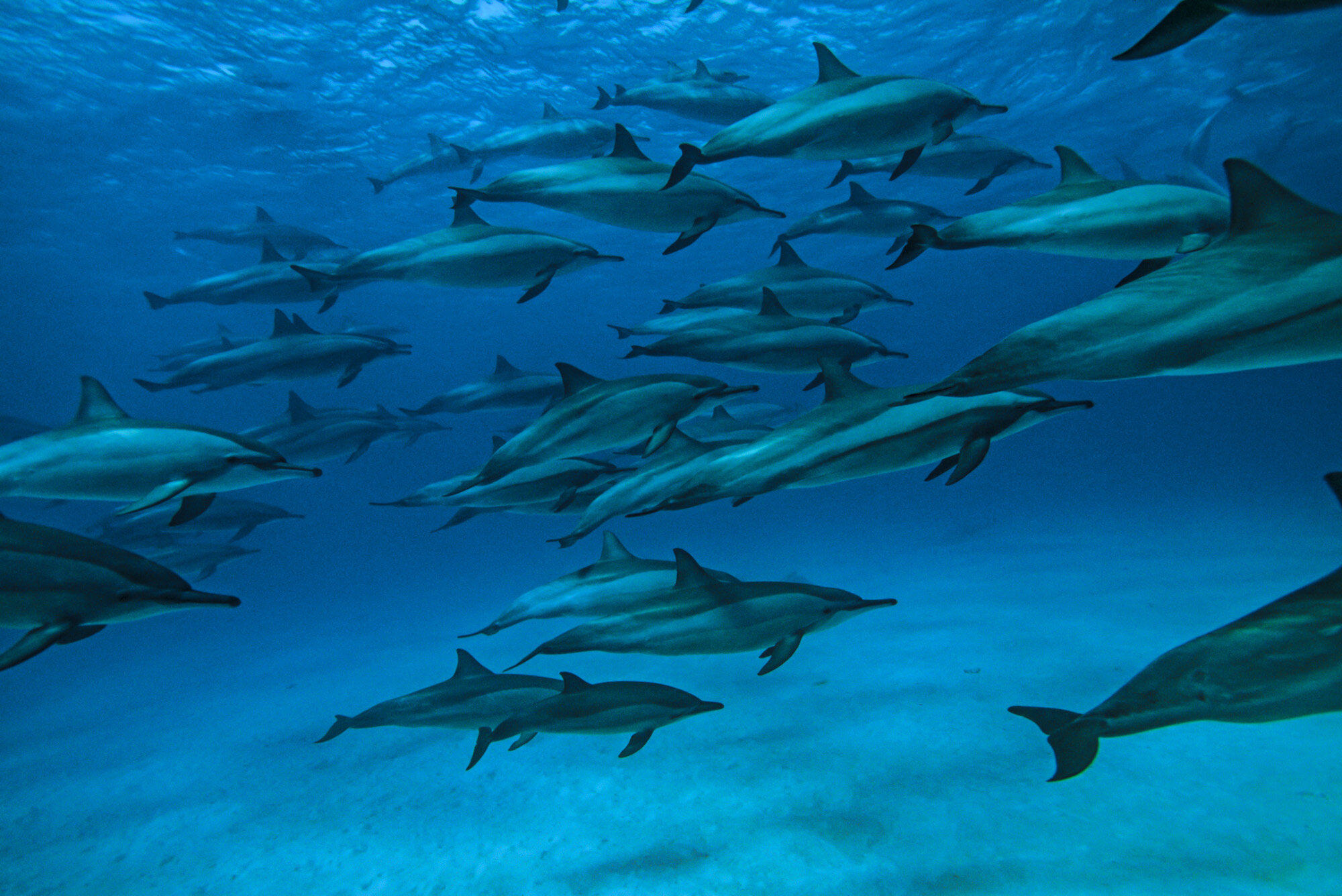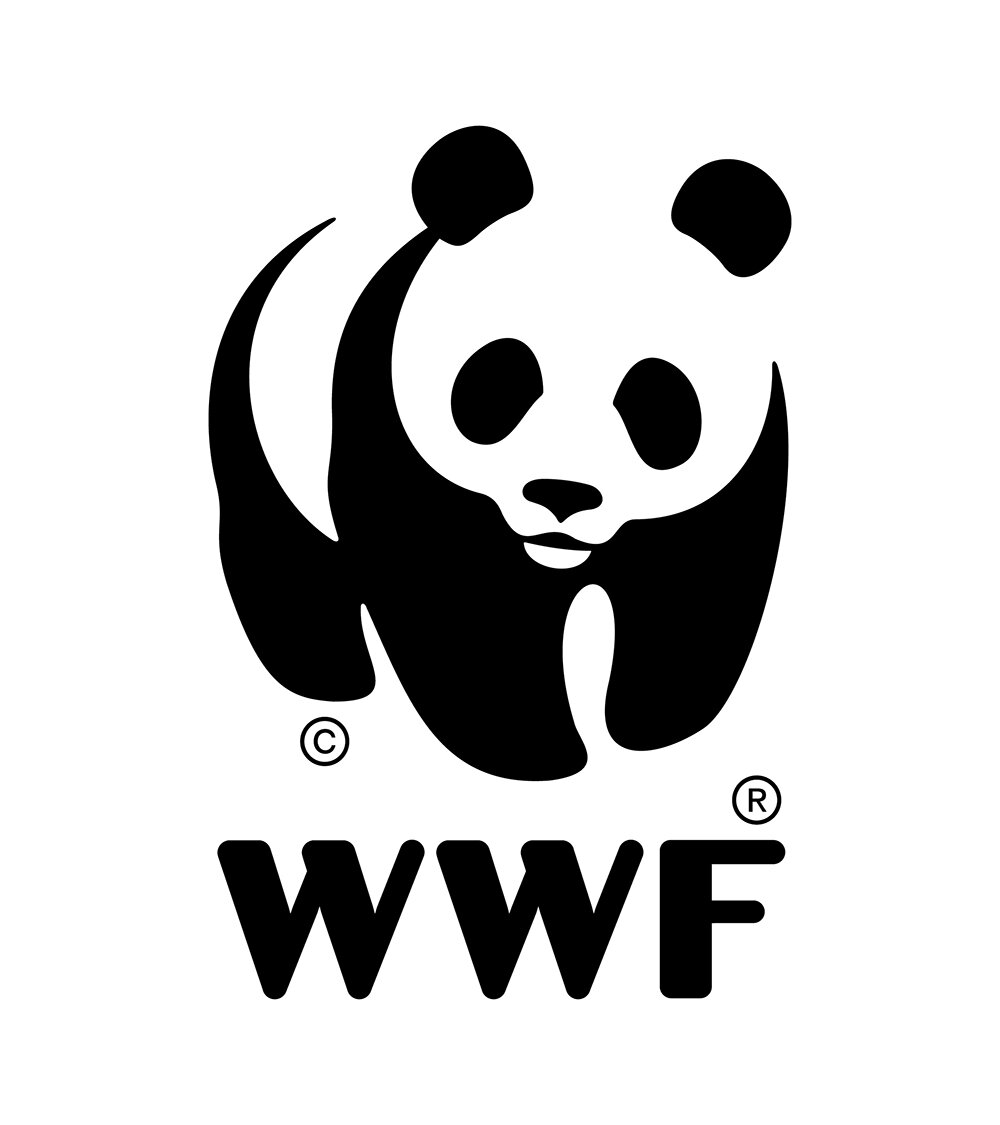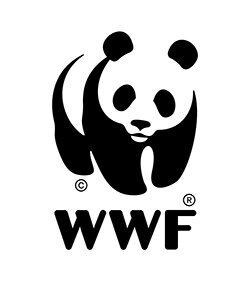
Latest news and stories about whale and dolphin conservation
Countries fail to deliver greater protection for the Antarctic despite threats of record low sea ice and bird flu
Governments responsible for conserving Antarctic marine life have failed to deliver increased protection at a meeting in Hobart despite the threats of record low sea ice and the first cases of bird flu reaching Antarctica.
For the first time, researchers track the full migration cycle of an Australian southern right whale
With the help of satellite tags, researchers from the University of Western Australia and Macquarie University, in collaboration with researchers from the University of Auckland Waipapa Taumata Rau, were able to follow the complete migration cycle of an Australian southern right whale for the very first time.
Antarctica’s sea ice crisis: Climate change threatens Antarctic wildlife as sea ice levels drop
Antarctic sea ice provides refuge for a range of species, from tiny crustaceans like Antarctic krill to the largest penguin species – the emperor penguin, who rely on sea ice habitats for their survival. As the Antarctic environment experiences rapid environmental change, many Antarctic species are feeling the heat.
Record low sea ice signals need for swift and greater protection of Antarctica, warns WWF
WWF is calling on the Commission for the Conservation of Antarctic Marine Living Resources (CCAMLR) to prioritise the conservation of Antarctic wildlife and designate three new marine protected areas (MPAs) as sea-ice has declined to record lows, causing mass deaths of vulnerable species and potentially signalling Antarctica's shift to an unstable state.
New research: Krill availability impacts humpback whale pregnancies
New research shows reduced krill supplies lead to fewer pregnancies in humpback whales – a finding that could have major implications for industrial krill fishing.
WWF: Antarctic krill provide carbon storage services worth US$15.2 billion
WWF Report: Antarctic krill provide carbon storage services worth US$15.2 billion







